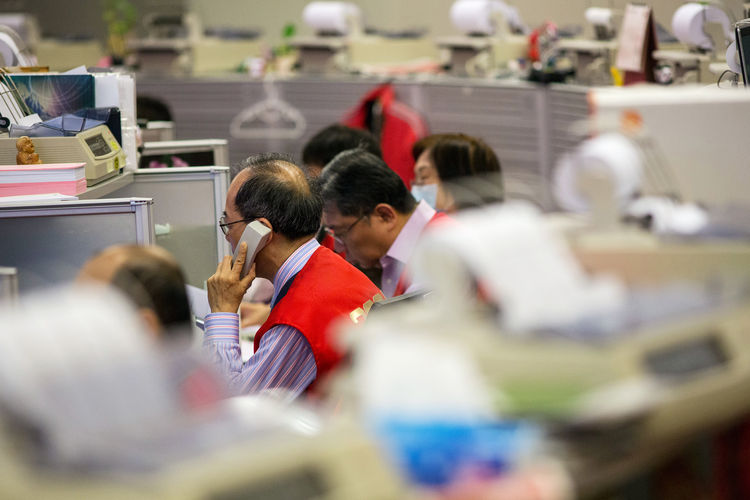Stock markets are ending the week on a downbeat note after central banks around the world largely adopted a more hawkish stance in recent days.
Only time will tell whether investors support the moves from central banks this week as much as they initially appeared to. More than a decade of ultra-low interest rates has been kind to investors and the path that many central banks have embarked on makes life a little harder for them, but not nearly as hard as high inflation.
It can be tough to take the pulse of the markets in times of such volatility and uncertainty, as we’re currently seeing. But I’m inclined to look at the way they’ve traded in the run-up to, and immediate aftermath of, the central bank announcements and deduce that investors are comfortable with the decisions that have been taken and view them as being in the long term interest of the bull market. What’s happened since may have more to do with the period we’re now heading into as investors prepare for the festivities.
A modest tightening is far more preferable than the risk of soaring inflation and a more aggressive monetary response further down the line. Central banks can’t afford to take those risks, not at a time when their economies are performing well, labour markets are tight and inflation is becoming more ingrained and widespread. The time has clearly come to address the inflation elephant in the room.
Take the case of the BoE. Many were surprised that the MPC raised rates on Thursday but if they hadn’t as a result of omicron uncertainty, they almost certainly would have in February and then multiple times next year. So while it could be argued that waiting for more data would have been prudent, it ultimately makes very little difference.
Especially with a move as insignificant as 15 basis points, one of the smallest hikes ever and the smallest since the late 80s. The message was important though; the tightening cycle has started and policymakers will turn a blind eye to inflation no more. A sentiment shared by many central banks around the world as we head into 2022.
Boost in UK retail sales unlikely to last
UK retail sales capped off an interesting week of data for the country that also saw restrictions tightened, virus numbers hit records and interest rates rose. The November rise was larger than expected while October was revised higher in a sign of consumers bringing forward their Christmas purchases in anticipation of stock shortages, perhaps even fear of more restrictions. The surge is not expected to last and recent developments could hinder retail sales further in the new year.
Oil consolidates as we await more data on omicron
Oil prices are down around 2% on Friday, dragged lower as trading becomes more risk-averse at the end of the week. It had rebounded well over the last couple of days but has run into resistance at the upper end of its recent range, around $73. We could see further consolidation around $70 in the coming sessions as we learn more about omicron, what restrictions it will bring, and whether OPEC+ will react.
The group has put a floor under the price for now, after announcing that adjustments could come at any time depending on the incoming data, but that will only hold so long if restrictions weigh on demand.
Relief for gold despite central banks embarking on tightening cycles
Gold is taking the news that central banks are tightening monetary policy and tackling inflation head-on very well. You would be forgiven for thinking this would be a negative development for the yellow metal and, in the longer term, I expect it will be.
But it’s also a development that was almost entirely expected and priced in. So we may be seeing some profit-taking on the pre-meeting moves which is pulling yields a little lower and weighing on the dollar. This should be a short-term relief move, although that may depend on what the omicron data tells us in the coming weeks. It’s spreading like wildfire here in the UK and other countries appear to having a very similar experience.
A strange end to the year for bitcoin
I keep falling into the trap of trying to link moves in bitcoin to events that are triggering responses across financial markets and it’s becoming quite clear how pointless that was. The cryptocurrency has been consolidating for weeks since its flash crash and everything that’s happened in that time that has been the catalyst for volatility across various asset classes has done little to pique the interest of this particular corner of the market. It feels strange to be talking about massive volatility in the markets and not including bitcoin. But then it’s been another strange year and I’m sure 2022 will be no different.
